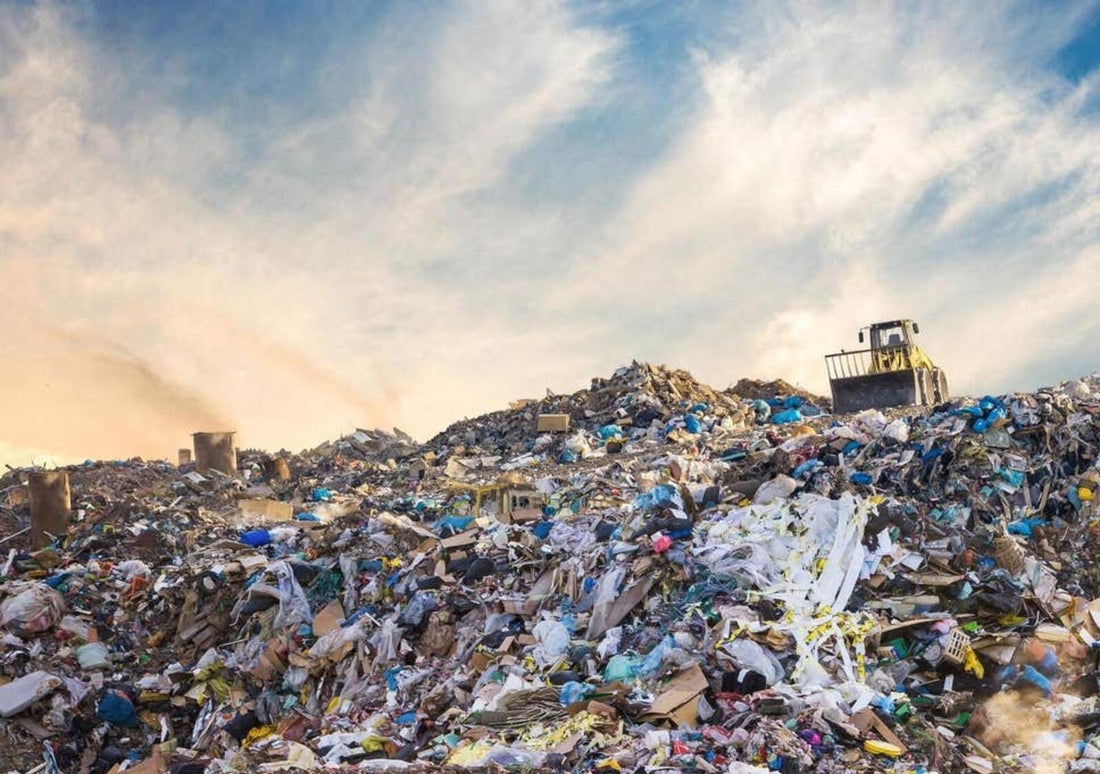
In the dynamic realm of fashion, the emergence of fast fashion has reshaped the industry landscape, offering consumers trendy and pocket-friendly clothing at a rapid pace. However, beneath the facade of affordable fashion lies a detrimental environmental footprint that demands attention and action. Understanding the Environmental Toll of Fast Fashion:
1. Excessive Water Usage:
Fast fashion’s insatiable demand for clothing leads to an alarming consumption of water resources. A shocking statistic revealed by the World Wildlife Fund highlights that a single cotton t-shirt can guzzle up to 2,700 litres of water, contributing to water scarcity crises in water-stressed regions worldwide.
2. Chemical Pollution:
The textile industry’s penchant for toxic chemicals used in dyeing and finishing processes poses a grave threat to environmental health. Hazardous substances like heavy metals infiltrate water systems, soil, and air, posing risks to ecosystems and human well-being.
3. Carbon Emissions:
The fast fashion sector’s carbon footprint looms large, driven by energy-intensive production processes and extensive transportation networks. Throughout the supply chain, greenhouse gases are emitted, exacerbating climate change and environmental degradation.
4. Waste Generation:
The disposability culture promoted by fast fashion results in a staggering volume of textile waste, mounting up in landfills. Non-biodegradable synthetic fabrics further compound the issue, taking centuries to decompose and perpetuating the cycle of waste production.
5. Exploitation of Resources and Labor:
Behind the allure of fast fashion lies a grim reality of resource exploitation and labour abuses. From sourcing raw materials to manufacturing, unethical practices abound, leading to environmental degradation and human rights violations across the globe.
Call to Action: Shifting Towards Sustainable Fashion Practices:
The imperative to address the environmental repercussions of fast fashion is crucial for safeguarding our planet and future generations. As conscious consumers, advocating for sustainable alternatives, supporting ethical brands, and fostering transparency in the industry can pave the way for a more sustainable and equitable fashion ecosystem.
In essence, the time is ripe for a paradigm shift in the fashion industry, one that prioritises environmental stewardship, social responsibility, and ethical practices. By collectively championing a sustainable fashion ethos, we hold the power to transform the narrative of fashion towards a greener, fairer future.
Together, let’s redefine fashion’s impact on the environment and pave the path towards a more just and sustainable future for all.
